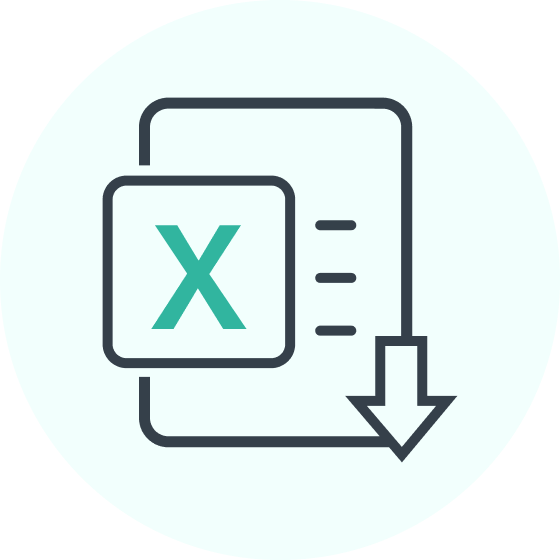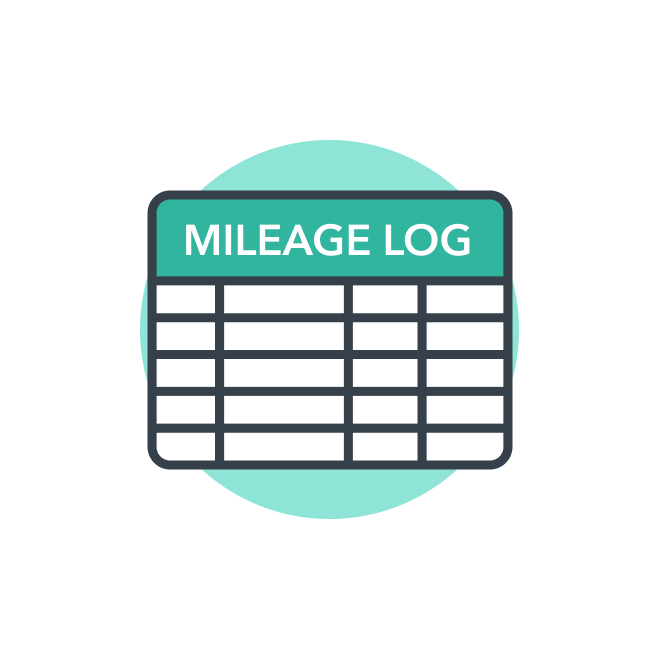Deductions for the Self-Employed: Keep More of What You Earn
Lorem ipsum dolor sit amet, consectetur adipiscing elit, sed do eiusmod tempor incididunt ut labore et dolore magna aliqua.

What are self-employment tax deductions?
Self-employment tax deductions are business expenses you can subtract from your income before calculating how much you owe the IRS. For freelancers, contractors, gig workers, and small business owners, deductions are one of the most powerful ways to lower taxable income and save money. Mileage tracking is the process of recording the miles employees or business owners drive for work-related purposes. For small businesses, accurate mileage tracking is essential for managing costs, staying IRS-compliant, and ensuring fair reimbursements.
Unlike W-2 employees, the self-employed can deduct a wide variety of costs, from mileage and office supplies to health insurance and even part of your rent or mortgage if you work from home. Knowing what qualifies (and what doesn’t) is the key to paying less in taxes and avoiding trouble with the IRS.

Why tax deductions matter for the self-employed
The IRS allows deductions so you can subtract the true costs of running your business. Without them, you’d be taxed on your gross income instead of your net income. That could mean thousands more in taxes every year.Self-employment tax deductions are business expenses you can subtract from your income before calculating how much you owe the IRS. For freelancers, contractors, gig workers, and small business owners, deductions are one of the most powerful ways to lower taxable income and save money. Mileage tracking is the process of recording the miles employees or business owners drive for work-related purposes. For small businesses, accurate mileage tracking is essential for managing costs, staying IRS-compliant, and ensuring fair reimbursements.

Here’s why deductions are essential:
Lower taxable income
Pay less in self-employment tax
IRS compliance
Deductions must be ordinary and necessary business expenses
Cash flow management
Savings can be reinvested in your business
For example, if you earned $80,000 in income but claimed $20,000 in deductions, you’d only pay taxes on $60,000. That difference could save you over $3,000 in taxes.
Step-by-step guide to claiming deductions
Track all business expenses
Keep receipts, invoices, and mileage logs throughout the year.
Categorize expenses properly
Common categories include mileage, office supplies, utilities, marketing, and insurance.
Know what you can deduct
The IRS allows deductions for “ordinary and necessary” expenses related to your business.
File with accuracy
Use Schedule C to report business income and expenses. Double-check categories to avoid errors.
Common self-employed deductions
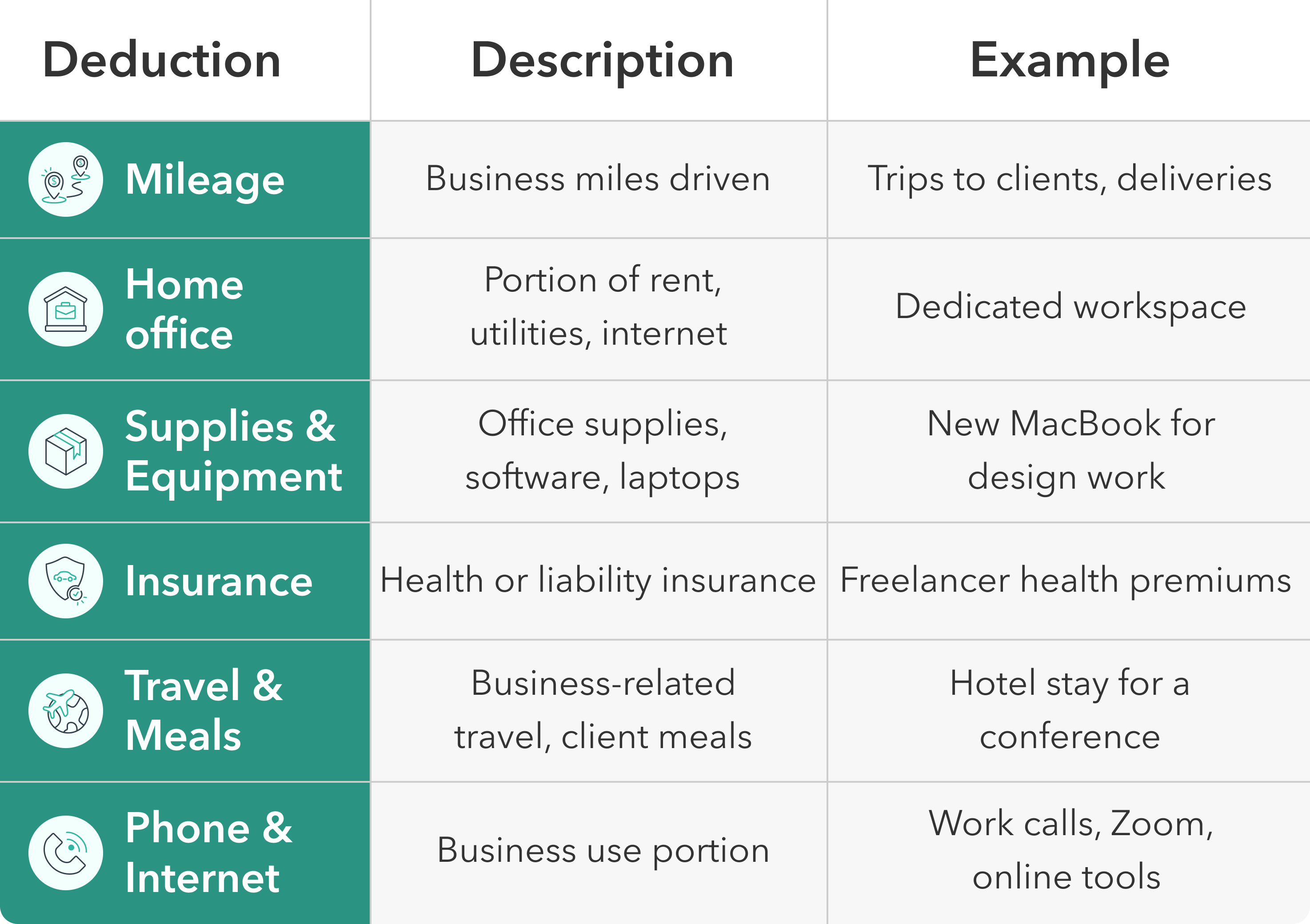
Deduction
Description
Example
Mileage
Business miles driven
Trips to clients, deliveries
Home
Office
Portion of rent, utilities, internet
Dedicated workspace
Supplies &
Equipment
Office supplies, software, laptops
New MacBook for design work
Insurance
Health or liability insurance
Freelancer health premiums
Travel &
Meals
Business-related travel, client meals
Hotel stay for a conference
Phone &
Internet
Business use portion
Work calls, Zoom, online tools
By tracking these consistently, you’ll maximize deductions without scrambling at tax time.
Manual tracking vs automated expense tracking

Manual

Spreadsheets

Automated Apps (Everlance)
Pros
Free, simple
Organized, customizable
Auto-track, categorize, IRS-ready reports
Cons
Easy to forget, error-prone
Still requires manual input
Cost, free versions have limitations
Everlance eliminates guesswork by tracking expenses automatically and generating tax-ready reports.
How Everlance helps you maximize deductions
Everlance was built for self-employed professionals who don’t want to miss a single deduction.
Here’s how Everlance works:




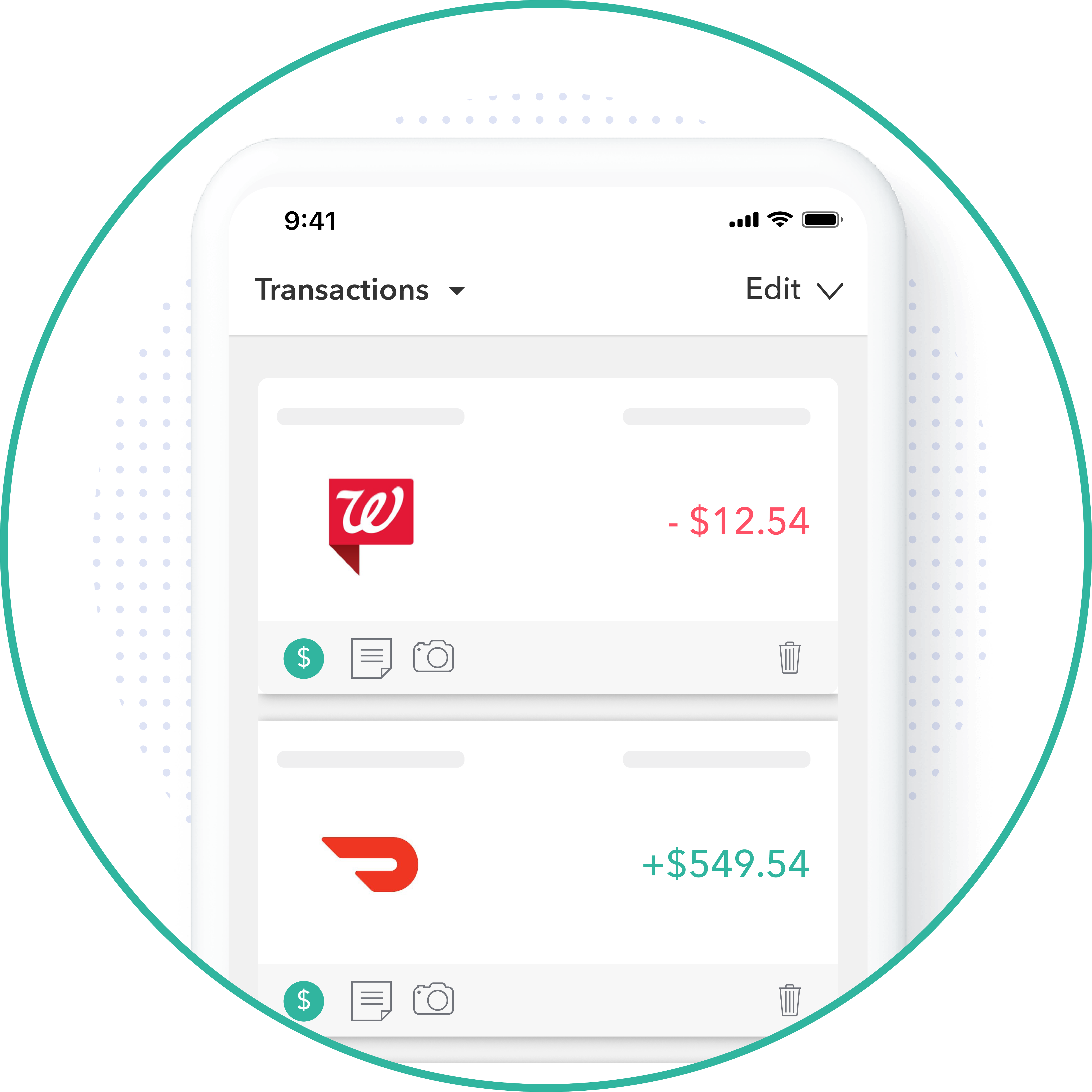

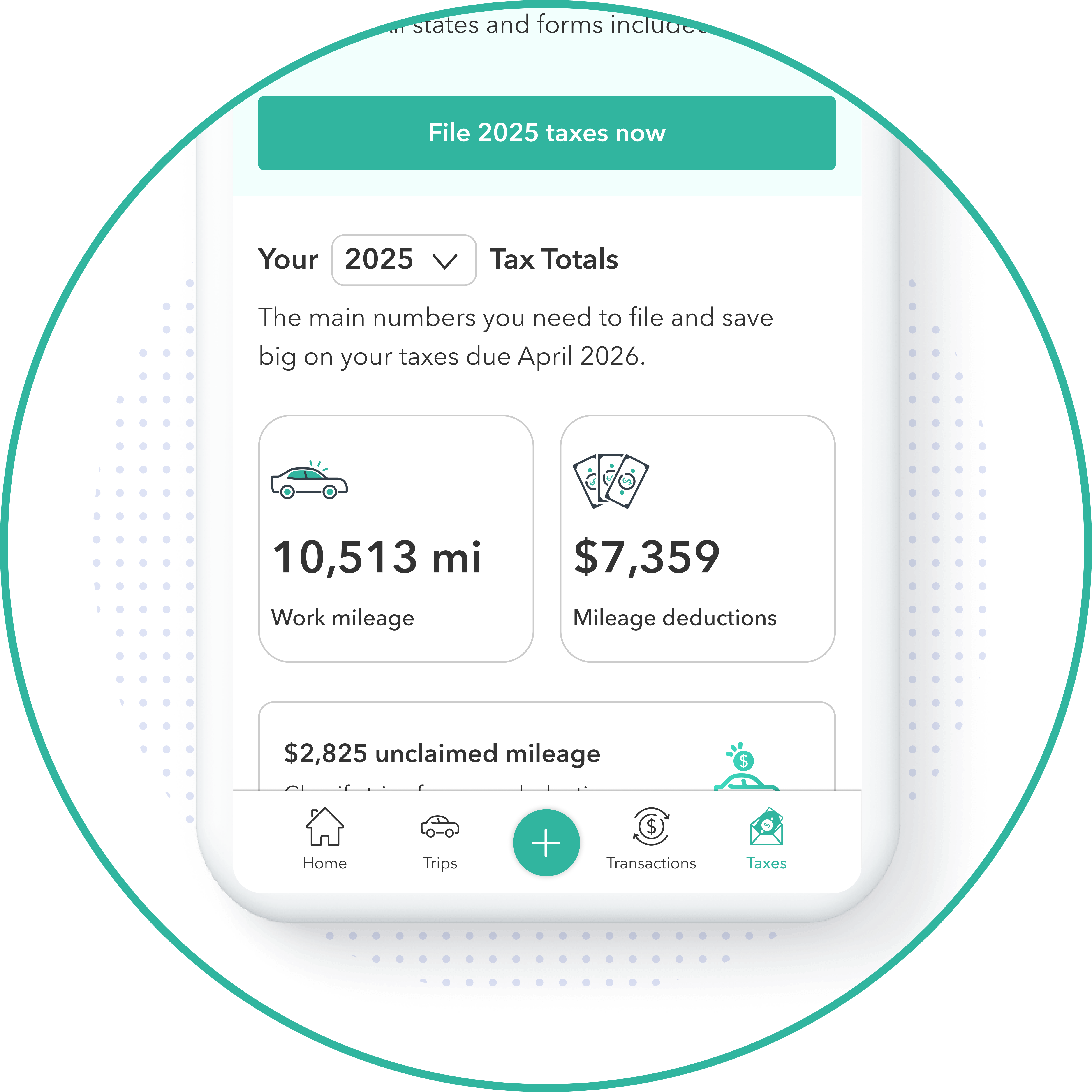
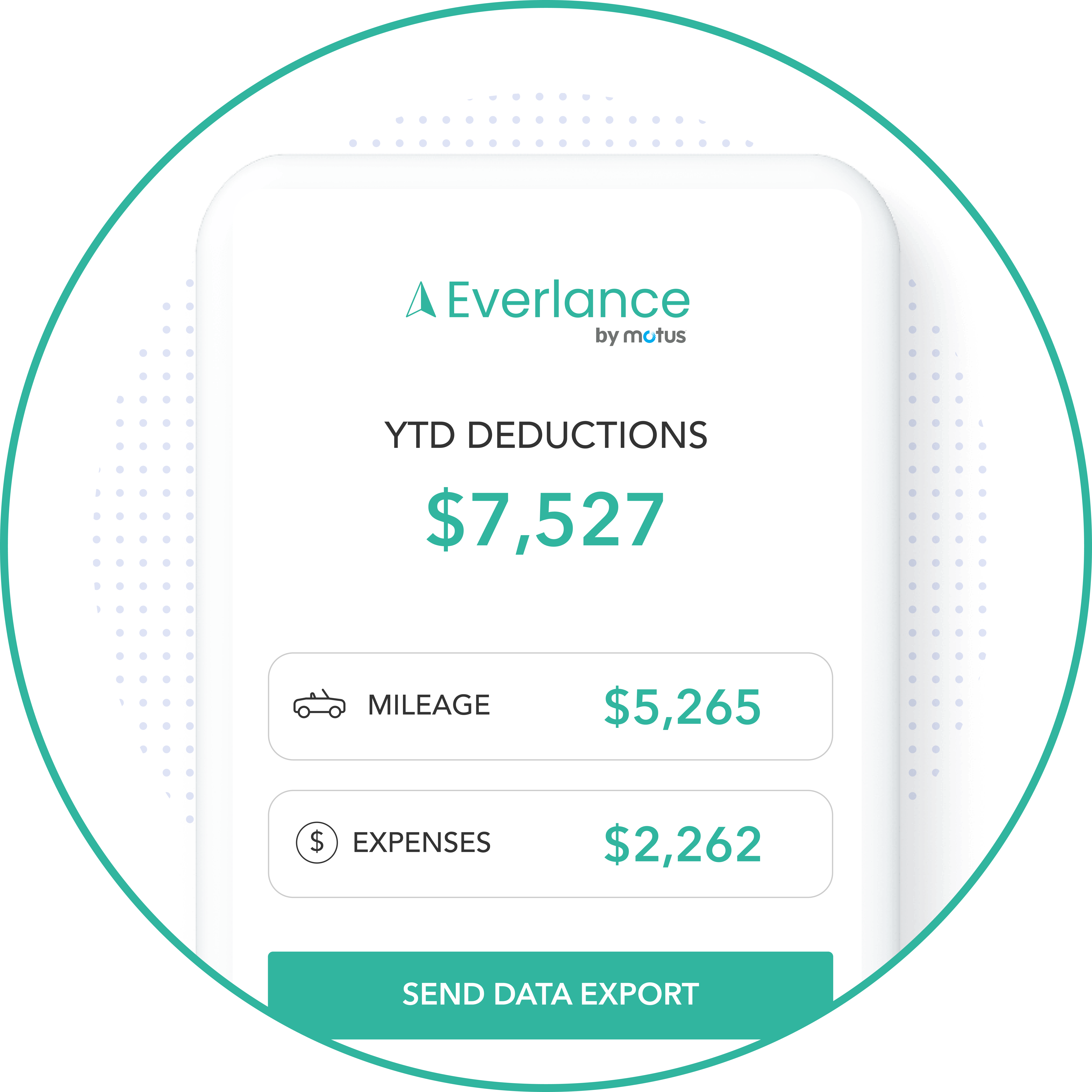
Download Everlance free and stop leaving money on the table
Download for free"I used to miss out on deductions because I didn’t track everything. With Everlance, I saved over $5,000 last year."
Jason K

FAQs on self-employed deductions
Can I deduct part of my rent or mortgage?
Yes, if you have a dedicated home office space, you can deduct a portion of your rent, mortgage, utilities, and internet.
Are meals deductible?
Business meals with clients or during work travel are 50% deductible.
Can I deduct my car payments?
Not directly, but you can deduct mileage or actual expenses (gas, maintenance, insurance).
What if I mix personal and business expenses?
Only the business portion is deductible. Keep separate records to stay compliant.

"Everlance makes it effortless. My accountant loves the reports, and I love the savings."
Amanda T
Start maximizing your deductions today
Every dollar you deduct is money you keep. Don’t risk missing out on valuable savings or struggling with messy records. Everlance makes deductions simple, accurate, and IRS-compliant.

Capture every mile, meal, and office cost
